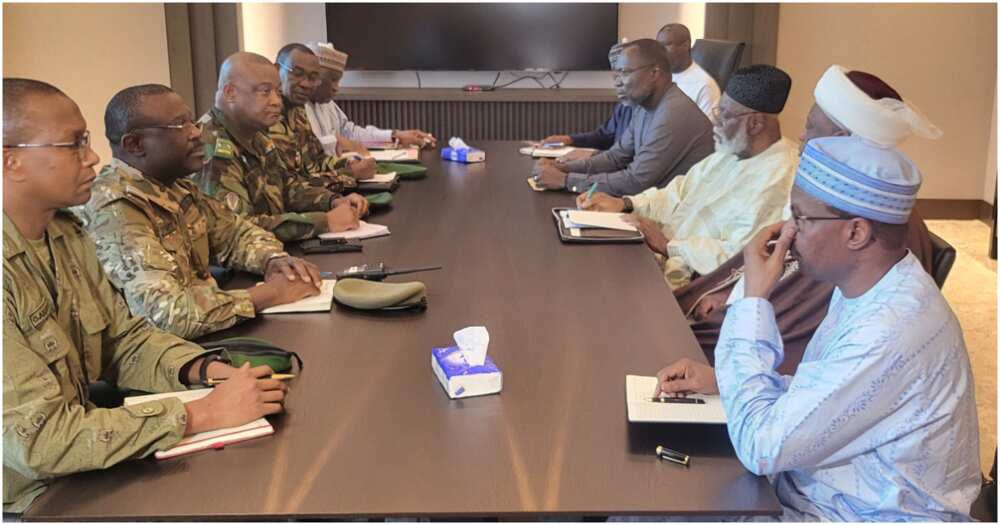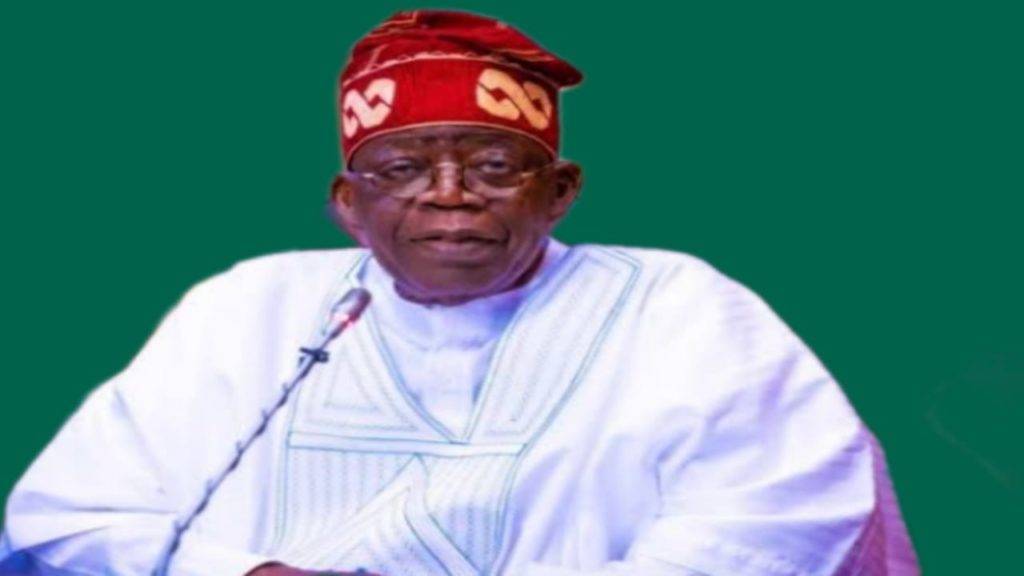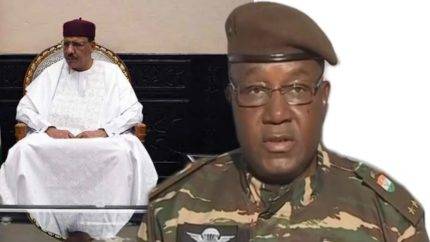In yet another twist of events, the ongoing negotiations between Niger and ECOWAS have hit a roadblock, leaving the citizens disheartened. The hopes, fueled by the anticipation of relief from the ECOWAS and WAEMU sanctions, have once again been dashed. The elusive resolution to the crisis in Niger seems akin to a horizon that continually moves away as the nation strives to reach it. Meanwhile, the grip of precariousness tightens, leaving Nigeriens no choice but to voice their concerns about the deteriorating state of the country.
Prime Minister Ali Mahamane Lamine Zeine, in a press briefing, announced the failure of the mission of the mediators mandated by ECOWAS on January 25. The mediators were initially expected on January 10, as per the Prime Minister’s request, citing the forum on national dialogue. However, the proposed date of January 25 was accepted, raising questions about the conflicting statements made by Zeine during the press briefing. The confusion surrounding the date, with the government allegedly waiting for the mission on January 12, adds a layer of complexity to the already intricate negotiation process.
Controversies Surrounding the Postponement: A Closer Look
During the press briefing, Prime Minister Zeine made two noteworthy remarks that added to the existing uncertainties. First, he mentioned proposing the date of January 25 to the mediators, despite claiming that the government had anticipated their arrival on January 12. This discrepancy raises eyebrows, creating a sense of distrust in the information being disseminated. Additionally, the doubt cast by Niger Radio and Television (RTN) regarding the letter’s authenticity further fuels speculation and plays into the hands of those opposing dialogue.
The second point of contention revolves around the reason for the postponement to January 25. Initially attributed to the national meetings, Zeine later indicated that certain imperatives had been settled in the meantime. This shift in reasoning raises questions about the transparency of the negotiation process. The discrepancies in the government’s statements further sow seeds of doubt, contributing to the already complex dynamics between the junta and ECOWAS.

Mission Hindered by Technical Glitches: ECOWAS Commission Responds
On January 25, only the Togolese Minister of Foreign Affairs traveled to Niamey, with the other mission members notably absent. The ECOWAS Commission cited “technical problems of the aircraft” as the reason for the absence of the Beninese and Sierra Leonean Foreign Ministers and the former Head of State of Nigeria, Abdul Salami Abubakar. The Commission expressed regret and signaled its determination to reschedule the mission promptly.
Togolese Minister’s Diplomatic Exchange: A Glimmer of Hope?
Despite the setbacks, the Togolese Minister of Foreign Affairs managed to engage with the junta, making diplomatic strides in December by agreeing on a transition period. While progress was made, the release of President Mohamed Bazoum remained unresolved. The January mission was anticipated to finalize the remaining issues, offering a glimmer of hope for the easing or lifting of the sanctions imposed on Nigeriens. However, the ongoing challenges and delays continue to impede the resolution process.
Zeine’s Accusation of ECOWAS “Bad Faith”: A Dialogue Derailed
In a surprising turn, Prime Minister Zeine accused ECOWAS of “bad faith” during the press briefing. This accusatory language raises concerns about the overall atmosphere of the dialogue and the willingness of both parties to reach a mutually beneficial agreement. Such statements, in a context of dialogue, may hinder progress and further strain the already fragile relationship between Niger and ECOWAS.
Authorities’ Perplexing Decision Raises Questions
In a puzzling turn of events, the authorities in Niamey have allowed associations openly opposed to dialogue with ECOWAS to organize sit-ins along the route planned for the mission in the city. This decision has ignited concerns about the motivations behind such a move, as it creates a hostile atmosphere towards ECOWAS and hampers the prospects of peaceful exchanges crucial for resolving the ongoing crisis. The junta appears to be relying on fervent extremists to disrupt the dialogue process, further perpetuating the precarious conditions and suffering experienced by the people of Niger.

The sit-ins, strategically placed at the Squadron roundabouts, 6th and Convention Centre, have grabbed attention due to their proximity to key locations, including Diori Hamani International Airport. Notably, the Nelson Mandela roundabout, located near the Presidency and the Primature, did not witness any authorized sit-ins, citing security concerns. The junta’s association with these demonstrations became evident when the Prime Minister paid a courtesy visit to the protestors upon his return from a diplomatic trip to Moscow, Dubai, and Tehran. This development raises questions about the junta’s alignment with the sentiments expressed by these demonstrators and the impact on the nation’s political landscape.
Nigeriens’ Resilience Tested Amidst Ongoing Crisis
The prolonged crisis and the persisting challenges faced by the people of Niger, compounded by the exhaustion resulting from numerous sacrifices since the coup d’état of July 26, 2023, highlight the limits of the population’s resilience. As the junta continues to navigate the crisis, it becomes imperative to acknowledge the weariness among Nigeriens, emphasizing the need for a swift and effective resolution to alleviate their suffering.
In conversations with diplomats, there is a growing sentiment that the de facto authorities must exercise reason and display a sense of state in managing the complex situation. The lack of respect demonstrated by aligning with protestors and creating a hostile environment towards ECOWAS undermines the nation’s credibility on the international stage. The diplomatic community stresses the importance of addressing the internal political crisis in a manner that fosters mutual respect and facilitates dialogue, given that it is the country itself that faces the repercussions of sanctions and isolation.
Balancing Act Required for Diplomatic Success
Navigating the intricacies of the Nigerian imbroglio demands a delicate balance between the aspirations of the population and the necessity for diplomatic engagement. While external entities like ECOWAS play a role in facilitating talks, it is crucial for the de facto authorities to prioritize the nation’s interests and consider the well-being of its citizens. As one diplomat aptly notes, “It is our country that is facing a political crisis, and it is our country that suffers sanctions and autarky.” The authorities must exercise prudence, understanding that diplomatic success hinges on maintaining respect and fostering an environment conducive to constructive dialogue. Ignoring these nuances risks prolonging the crisis and exacerbating the challenges faced by the resilient people of Niger.
Table of Contents
Discover more from OGM News NG
Subscribe to get the latest posts sent to your email.














